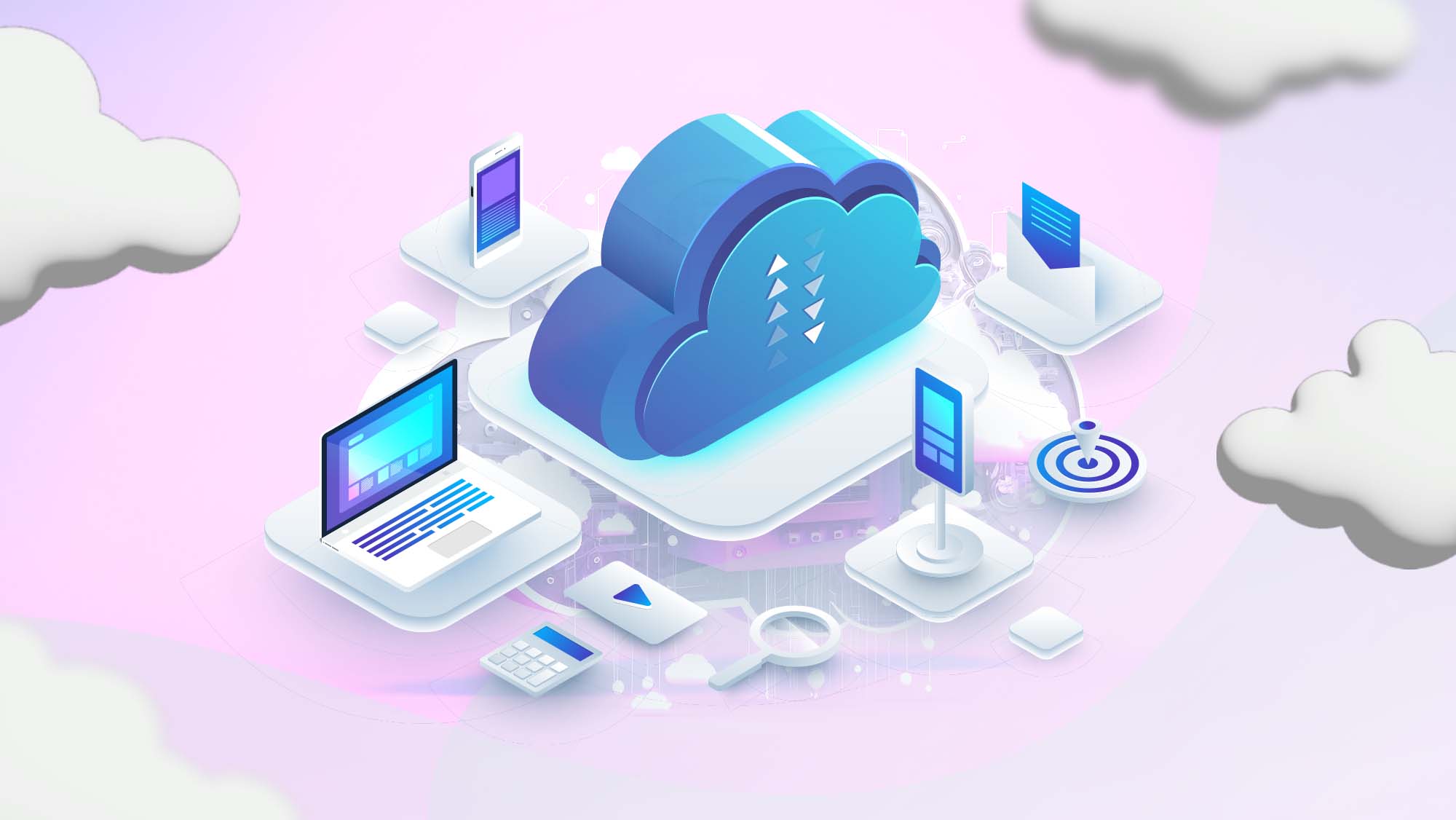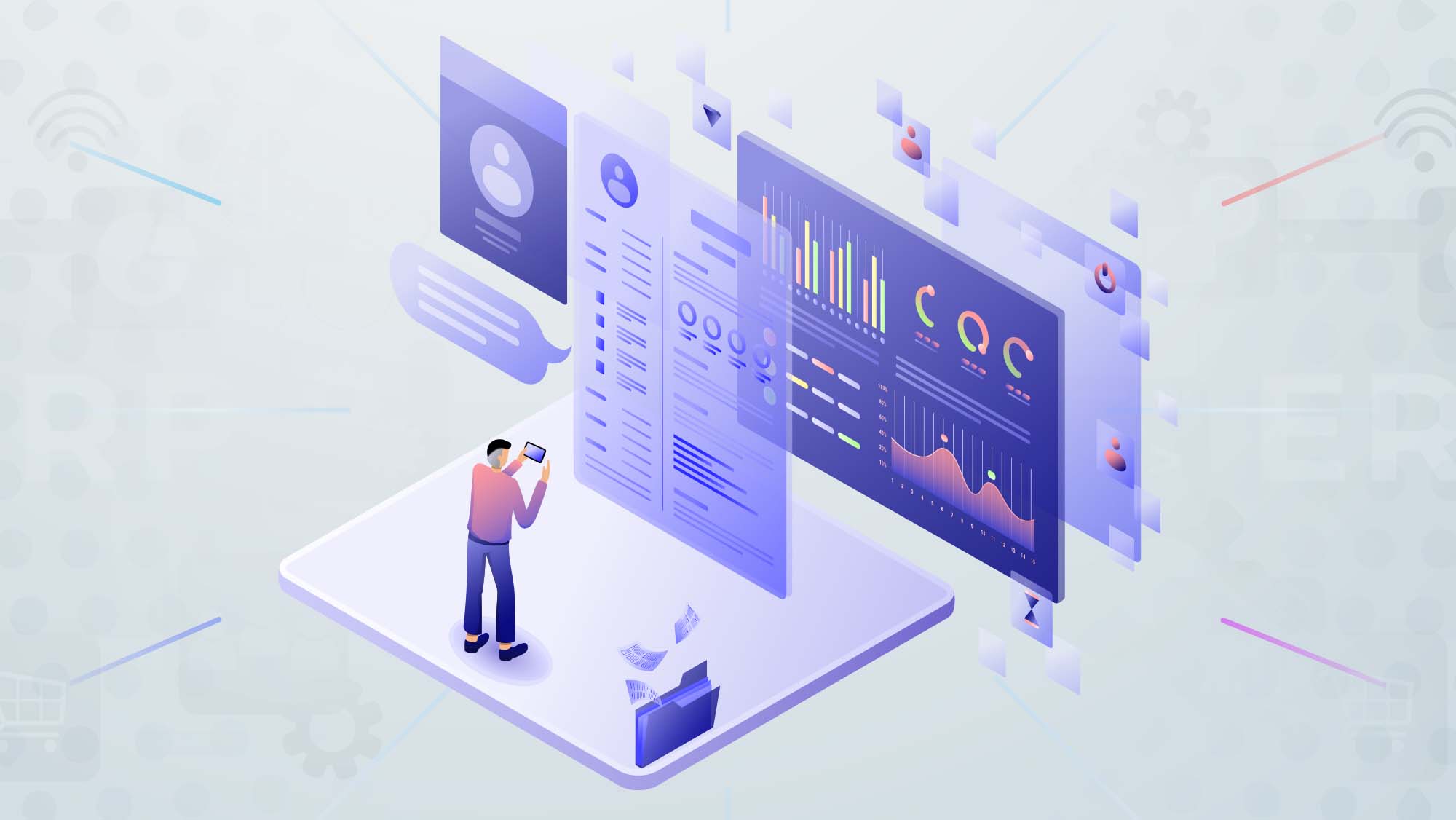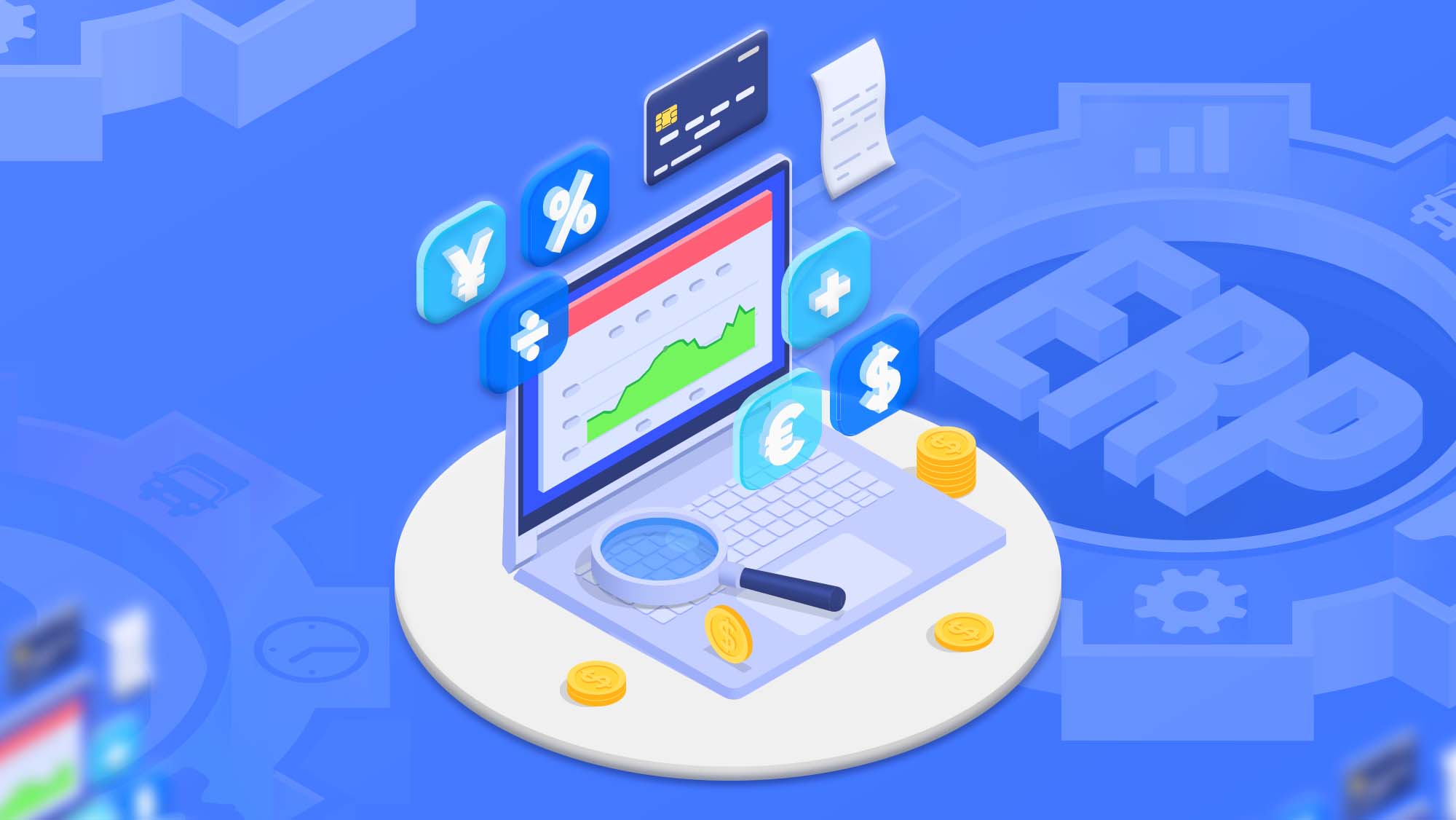Table of Content
Since you have come this far to choose an ERP system for your business, you must be loaded with different choices available in the market. Even though the ERP vendor is still to decide, before that you should figure out which ERP will suit your requirement more, whether on-premises ERP or on-cloud ERP?
With this blog, you can have a detailed look at the functionalities and advantages of both types of implementations in question. To start with I would be happy to throw some light on some basic level questions before you dig in knowing more about on-premises or on-cloud ERP.
Questions to Ask when Selecting an ERP
When selecting a solution for your business, here are a few questions you should ask to help you guide the search.
Why are you looking for an ERP system? What challenges would it solve?
- Replacing an outdated existing system?
- Can your system connect to mobile devices?
- Lack of customer data visibility?
- Can your system solve common industry pain points?
- Looking for a less expensive, cost-effective, and smart business system?
- Do you need tighter data security?
- Can your system be tailored if the need arises?
- Looking to take advantage of the most advanced ERP system in the market?
Who will be the users in your ERP system?
- How many employees will use ERP?
- How would you intend to train them?
- How will the vendor support the system?
What are the most important factors to you when deciding on an ERP System?
- Do you have a small budget?
- What support requirement you are looking to fulfill with the new ERP system?
- Do you want to be on cutting-edge technology?
- Are there data regulations to which you need to comply?
- Does your business process need a tailored solution?
- Does your workforce need to access the ERP from any location?
What would make an ERP system successful for your company?
- Reduced IT costs?
- More organized business management?
- More integrated business processes?
- Less IT members to monitor systems?
- Accessibility to real-time data?
- More collaborative ability in your company?
- Improved Financial cost and expense management?
Considerations While Choosing Cloud ERP or On-Premises ERP
Below are a few important factors to consider when selecting the type of ERP Deployment.
Total Cost of Ownership
On-Premises ERP solutions are hosted on the company’s server that requires investment in hardware to install it locally, it involves a large upfront cost. You would need an internal IT team to manage the software, which adds to the total cost of ownership for managing the system.
On-Cloud-based ERP systems have a ready-made setup available, hosted on the vendor’s server. The company only needs to pay subscription fees to get a cloud ERP deployed on your existing IT infrastructure. The vendor takes care of the management, running costs, and software updates of the system.
Deployment Time
When it comes to deployment speed, Cloud-based ERP has advantages over the On-Premises ERP Solution.
Since On-Cloud ERP is deployed on the vendor’s server, and there is no need to install additional hardware, the deployment process takes less time.
On the contrary, On-Premises deployment has high upfront costs for hardware and since the company entirely handles the implementation, the process takes a considerable amount of time.
Mobility and Accessibility
Cloud-based ERP solutions offer the flexibility and freedom to access the data and the system from anywhere and on any device through the internet.
While on the other hand, On-Premises deployment generally restricts the users to access the system and manage the business operations when away from the office premises.
Data Security
On-Cloud ERP offers the storage of data at the vendor’s server which is likely to have multiple data disaster and recovery protocols and provides frequent security updates to keep the data secure.
With On-Premises ERP systems, the company has full control over data storage and maintenance. The IT team manages and secures the data from malicious attacks and possible breaches.
System Upgrades and Enhancements
On-Cloud ERP Systems are periodically updated, and new software versions are released by the Vendor which keeps the system up to date. With On-Cloud ERP systems you can be sure you’re always using the latest, most advanced version of your ERP software.
Doing customizations and installing updates on the On-Premises ERP is a tedious and cumbersome process. New software up-gradation doesn’t only take time, but it also wipes the previous customizations you have made during the previous software update.
Cloud ERP vs. On-Premises ERP
| Cloud ERP | On-Premises ERP |
| Low upfront cost, subscription-based model | The Upfront cost is considerably higher, need for hardware procurement and installation |
| Data security is managed by the Vendor | Data security is the user company’s responsibility |
| Periodic updates are released for the system, the system is always up to date | Software updates are manually installed |
| Doesn’t offer many customizations in the system | Offers customization options |
| Takes less time to implement | Implementation generally takes more time |
Cloud ERP
Cloud ERP is Software as a Service that allows users to access Enterprise Resource Planning (ERP) software through the internet. Cloud ERP has lower upfront costs and data is stored on the vendor’s server. On-Cloud ERP is accessible from anywhere and on any device like PC, Mobile, or Tablet through the Web. It reduces the burden of the IT team as the system is managed by the vendor itself and the support is provided by the vendor’s team in case any issue arises.
Periodic software updates are released by the vendor which makes the system up to date all the time. The ERP system is offered on monthly, quarterly, or annual subscriptions that keep the overall cost of maintenance low.
On-Premises ERP
On-premises ERP is an Enterprise Resource Planning solution for which you buy the software license, it generally involves procurement and installation of new hardware, the system is then deployed on your company’s server which makes the upfront cost on the higher side.
On-Premises ERP Systems often require heavy software maintenance and support costs, all the software upgrades are done onsite which takes time.
For maintaining On-Premises ERP systems, the company must maintain an in-house IT team which is an additional cost burden.
Wrapping Up
Both the systems have their benefits, if you are looking to keep your company’s data under control then On-Premises ERP deployment is best for you.
If you are looking for a scalable and flexible solution that can provide to a growing business, you should opt for On-Cloud ERP System. Our consultants are always happy to assist you in understanding more about both On-Cloud ERP and On-Premises ERP and help you choose one that best suits your needs.

Witness a scalable transformation
Experience real-time synchronisation and flexibility with a consistent view across your business.
Disclaimer– “All data and information provided on this blog is for informational purposes only. Dynamics Square / MPG Business Information Systems Pvt. Ltd. makes no representations as to accuracy, completeness, currentness, suitability, or validity of any information on this site and will not be liable for any errors, omissions, or delays in this information or any losses, injuries, or damages arising from its display or use.”













